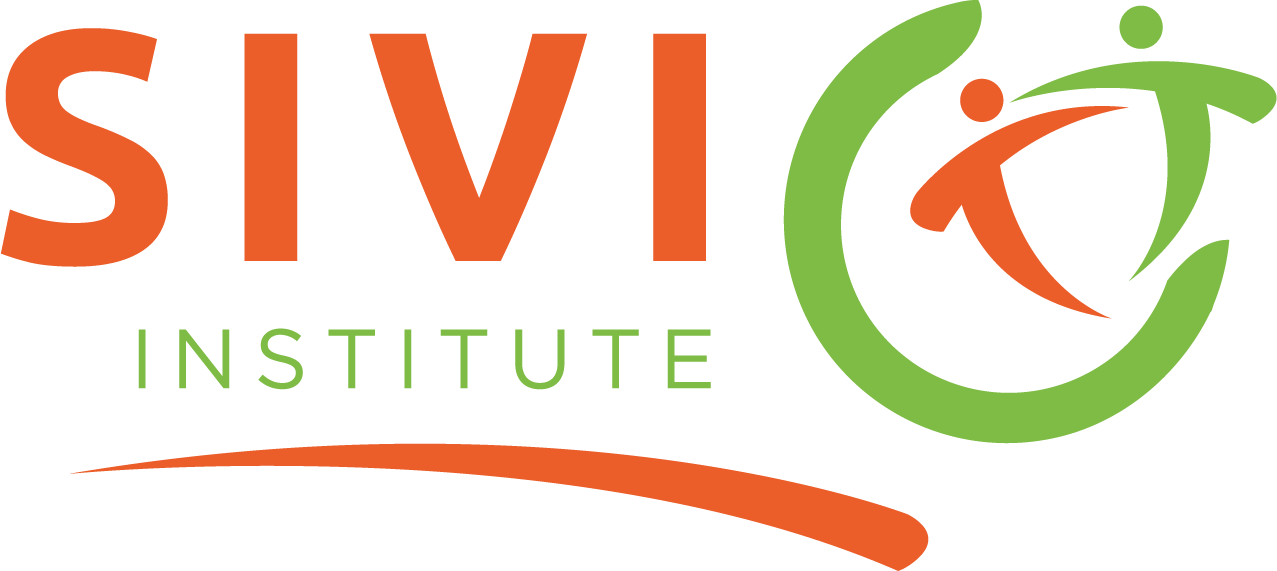This course is designed to equip advocates, communicators, and civic leaders with the tools to effectively track, analyse, and act on political commitments using the African Citizens Watch tracker.
Participants will learn how to navigate the tracker to monitor policy progress, engage stakeholders, and communicate findings in ways that drive meaningful civic action. The course covers data collection, storytelling for advocacy, and strategic communication techniques to amplify citizen voices and hold leaders accountable.
This course is ideal for civil society organisations, journalists, and engaged citizens who want to strengthen their ability to advocate for transparency and responsive governance in Africa. Ready to take action? Let’s dive in!
